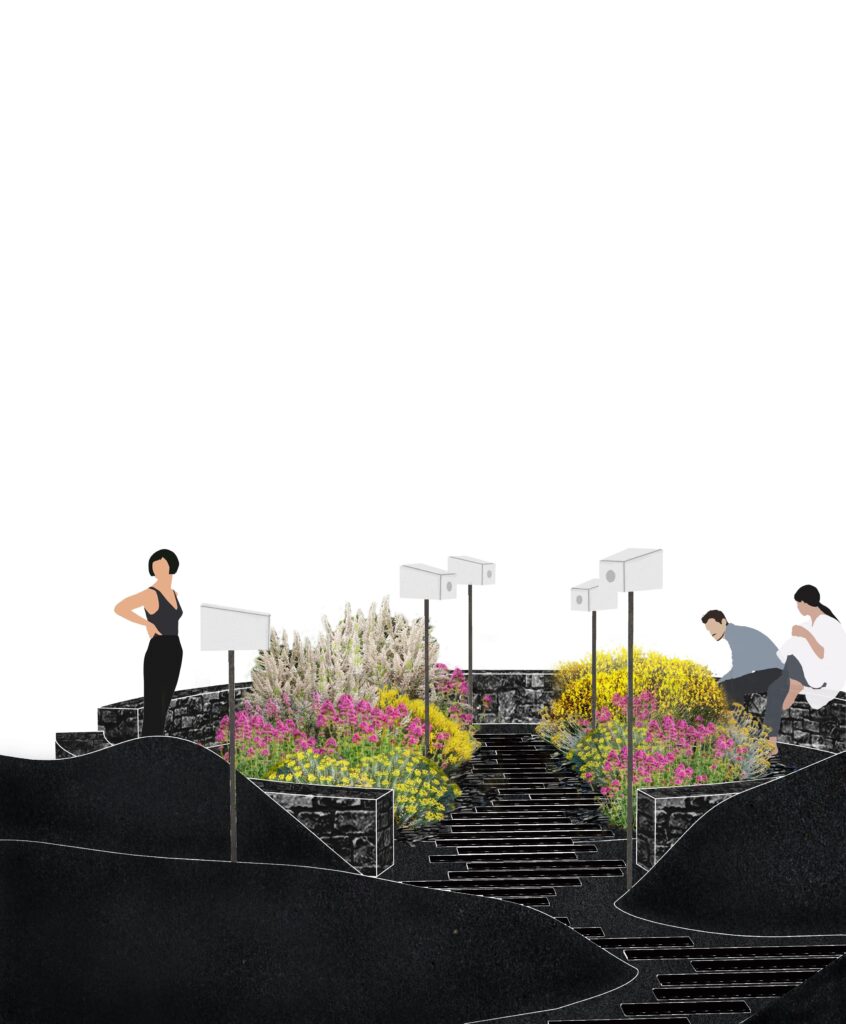 En
En
- Festival
- V edition
- Botanical Park
- Previous editions
- Activity
- Presentation of the 5th edition
- Salone del mobile – 11 aprile 2025
- Presentation: The Garden of Plants, at Librerie Cavallotto
- Garden in Movies
- Presentation of the 5th edition
- Call for Volunteers 2024
- Open2024
- Il Palmeto – The Palm grove
- Call for Ideas 2024
- Garden Appointments
- Taking garden design inspiration from the wild landscape of Sicily
- Call for Volunteers 2023
- Call for Ideas Keep Alive fhe Sense of Wonder
- Plan your visit
- Press Area
 En
En
- Festival
- V edition
- Botanical Park
- Previous editions
- Activity
- Presentation of the 5th edition
- Salone del mobile – 11 aprile 2025
- Presentation: The Garden of Plants, at Librerie Cavallotto
- Garden in Movies
- Presentation of the 5th edition
- Call for Volunteers 2024
- Open2024
- Il Palmeto – The Palm grove
- Call for Ideas 2024
- Garden Appointments
- Taking garden design inspiration from the wild landscape of Sicily
- Call for Volunteers 2023
- Call for Ideas Keep Alive fhe Sense of Wonder
- Plan your visit
- Press Area
Plantocene
“The future is bound to embrace the plant metaphor. “(S. Mancuso).
Plants have always been used as a source of raw materials or as ornamental elements. The challenge for the future is to look to nature as a source of wisdom from which to draw inspiration for human life on earth. One lesson we can learn from plants is their extraordinary adaptability: plants are able to live using only the resources they have available. The human race is doing the opposite, we are plundering the resources that belong to future generations. One of the most effective metaphors for the wisdom of plants is the pioneer species. Looking at the devastated land of a volcanic eruption, it seems impossible to foresee that life can resume its course, but even in the most difficult conditions, flora always finds a way to establish itself. Pioneer plants are not afraid of adverse conditions; In fact, these species are able to colonise infertile soil and, through the action of their roots, are able to make the soil suitable for species that will settle thereafter, laying the foundations for life in future ecosystems.
The landscape of Mount Etna offers a paradigm of plant resilience: on its lava and arid lands, pioneer species, many of them endemic, manage to survive and prepare the ground for the life of new complex and diversified ecosystems.
Etna’s pioneer plants are the centrepiece of Plantocene, a garden that looks to the future through conscious contemplation of the plant world. Visitors are invited to enter the garden by passing through the “volcanic desert” made of dunes of lava rock. The garden, defined by a stone fence, “stages” in the amphitheatre a composition of pioneer species. The route is punctuated by 6 elements that function as viewers, each of which explains a key word related to the theme of the garden and constitutes a lantern for night-time visits. At the end of the route, the visitor is invited to linger in the garden to contemplate the representation of the plant metaphor from a new perspective.




